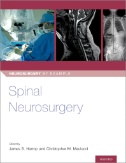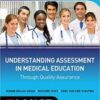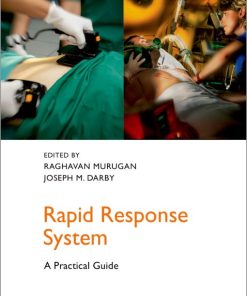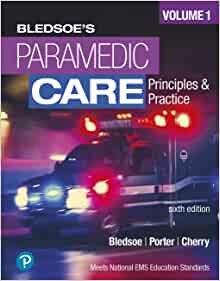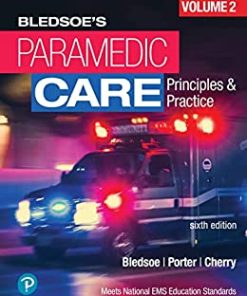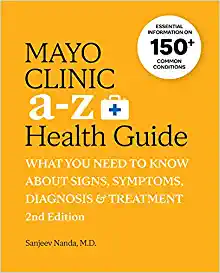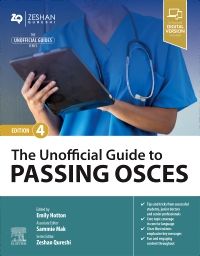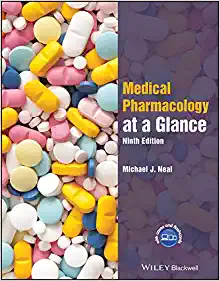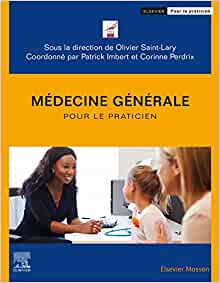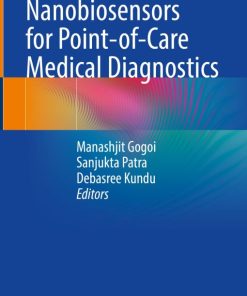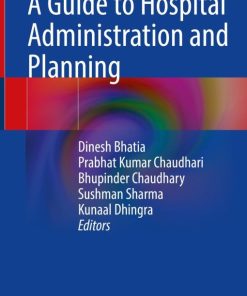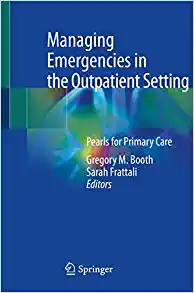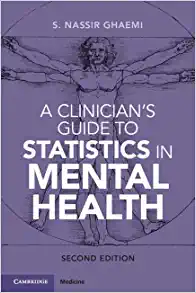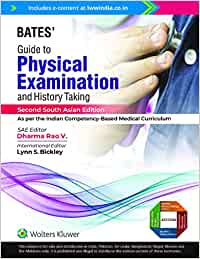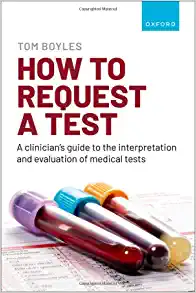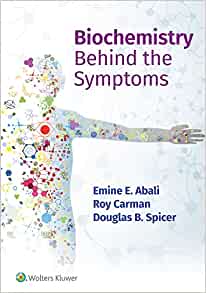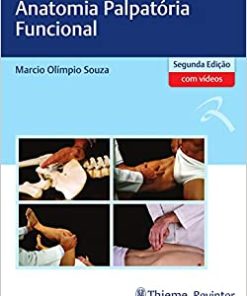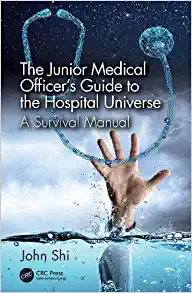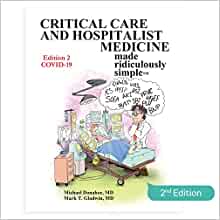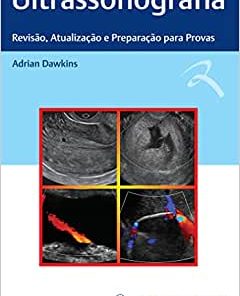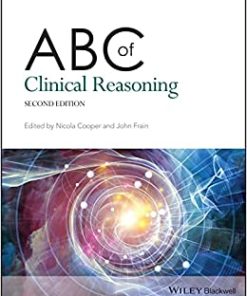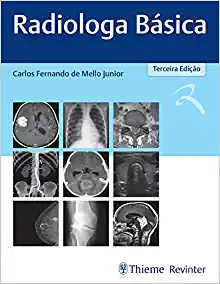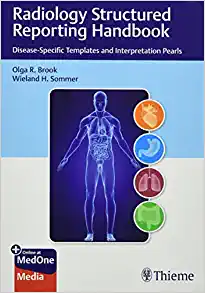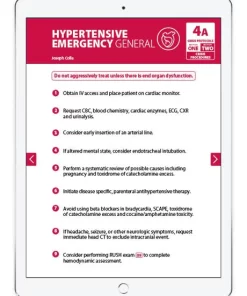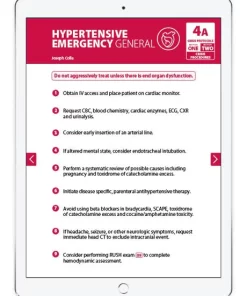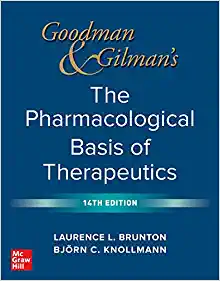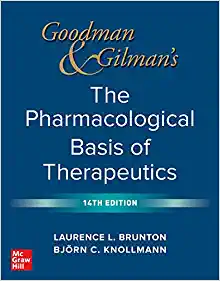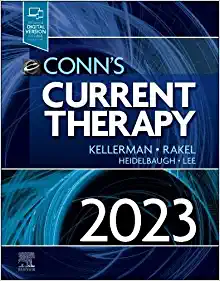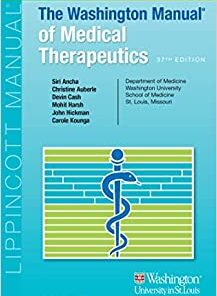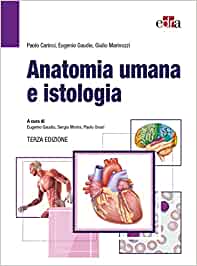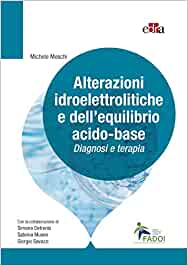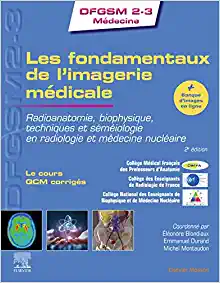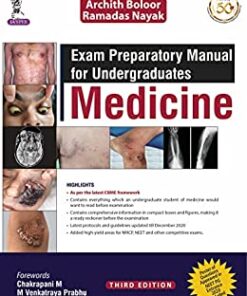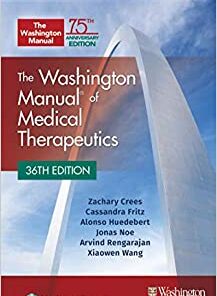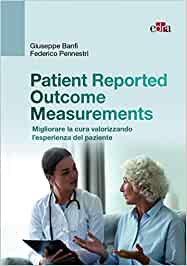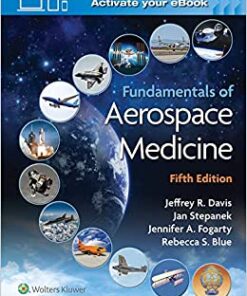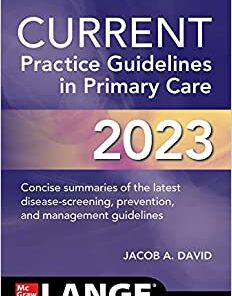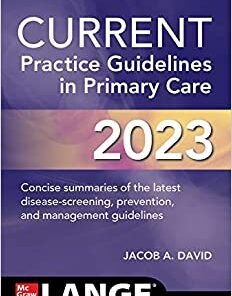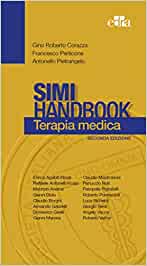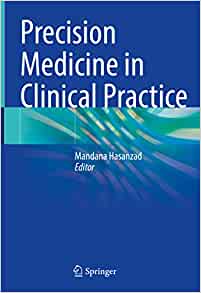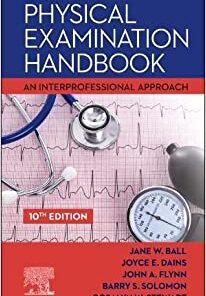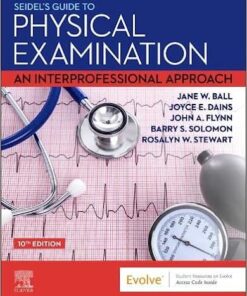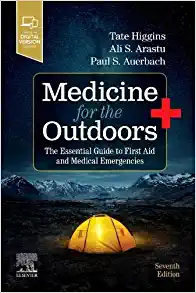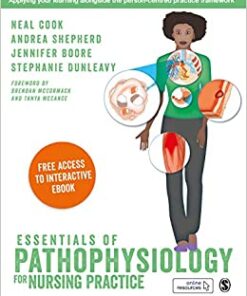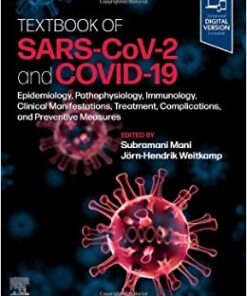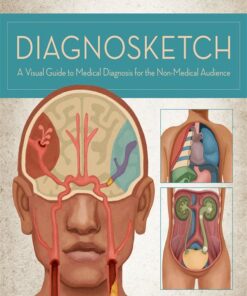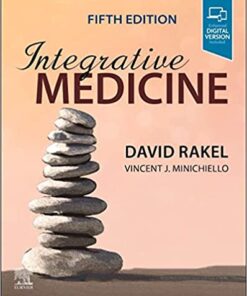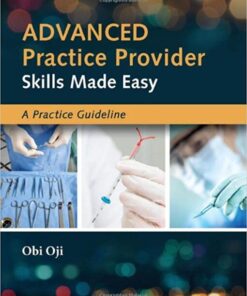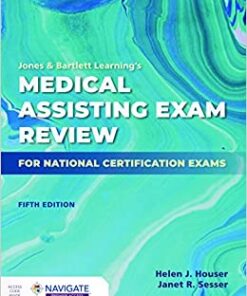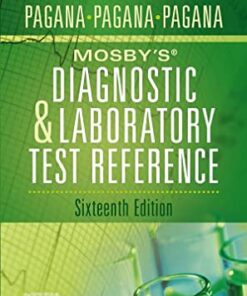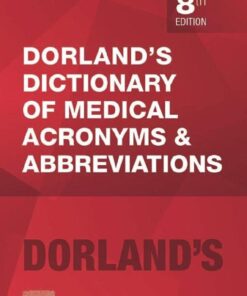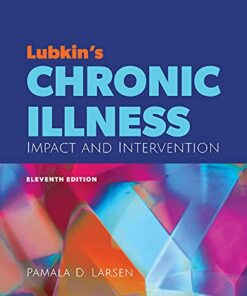Spinal Neurosurgery (original PDF) 2018
$12
Spinal Neurosurgery (original PDF) 2018
Part of the Neurosurgery by Example series, this volume on spinal neurosurgery presents exemplary cases in which renowned authors guide readers through the assessment and planning, decision making, surgical procedure, after care, and complication management of common and uncommon disorders.
The cases explore the spectrum of clinical diversity and complexity within spinal neurosurgery, including occipital cervical dislocation, cervical myelopathy, thoracic cord compression, lumbar stenosis, and more.
Each chapter also contains ‘pivot points’ that illuminate changes required to manage patients in alternate or atypical situations, and pearls for accurate diagnosis, successful treatment, and effective complication management. Containing a focused review of medical evidence and expected outcomes,
Spinal Neurosurgery is appropriate for neurosurgeons who wish to learn more about a subspecialty, and those preparing for the American Board of Neurological Surgery oral examination.
Advance Praise for Spinal Neurosurgery
“I congratulate Drs. Harrop and Maulucci for this well done book that utilizes a unique and very effective format to cover the gamut of spine surgery and spine care topics. The book is well organized, lavishly illustrated with numerous figures and images, and includes oral board review pearls that
are of particular value for those studying for their neurosurgery board examinations.”
— Edward Benzel, MD, Emeritus Chair of Neurosurgery, Cleveland Clinic, Cleveland, OH
“Through this extensive collection of various spine related clinical scenarios, the reader is able to learn very pertinent management principles and pearls. This book is particularly useful for those who are preparing for the oral boards, but also serves as excellent reading material for
neurosurgeons and orthopedic spine surgeons at any stage in their career.”
— Charles Sansur, MD, Associate Professor of Neurosurgery, University of Maryland School of Medicine, Baltimore, MD
“Drs. Harrop and Maulucci have assembled an excellent compendium of cases/pathologies. The “Case-based” approach of this text lends itself to an easy readability as well as a compartmentalization of the reading for busy practitioners. This book is extremely useful to practitioners at all stages in
their career, as it covers both basic and controversial information for each topic, and may be particularly useful for those surgeons reviewing for their oral board examination.”
— Michael Y. Wang, MD, FACS, Professor of Neurological Surgery and Rehab, Medicine Spine Fellowship Director, Chief of Neurosurgery, University of Miami Hospital and Miller School of Medicine, Miami, FL
Related Products
GENERAL MEDICINE BOOKS
GENERAL MEDICINE BOOKS
Paramedic Care: Principles and Practice, Volume 1 (Original PDF from Publisher)
GENERAL MEDICINE BOOKS
Paramedic Care: Principles and Practice, Volume 2 (Original PDF from Publisher)
GENERAL MEDICINE BOOKS
The Unofficial Guide to Passing OSCEs, 4th edition (Original PDF from Publisher)
GENERAL MEDICINE BOOKS
Uworld USMLE COMLEX Level 1 Qbank, Updated Jan 2023, System- and Subject-wise (PDF)
GENERAL MEDICINE BOOKS
Uworld USMLE Step 1 Qbank, Updated Jan 2023, System- and Subject-wise (PDF)
GENERAL MEDICINE BOOKS
Neinstein’s Adolescent and Young Adult Health Care: A Practical Guide, 7th Edition (EPUB)
GENERAL MEDICINE BOOKS
Medical Pharmacology at a Glance, 9th Edition (Original PDF from Publisher)
GENERAL MEDICINE BOOKS
Médecine générale pour le praticien (Original PDF from Publisher)
GENERAL MEDICINE BOOKS
Pocket Evidence Based Medicine (Original PDF from Publisher)
GENERAL MEDICINE BOOKS
Handbook of Outpatient Medicine, 2nd Edition (Original PDF from Publisher)
GENERAL MEDICINE BOOKS
GENERAL MEDICINE BOOKS
A Guide to Hospital Administration and Planning (Original PDF from Publisher)
GENERAL MEDICINE BOOKS
Nanobiosensors for point-of-care medical diagnostics (Original PDF from Publisher)
GENERAL MEDICINE BOOKS
Teaching Evidence-Based Medicine (Original PDF from Publisher)
GENERAL MEDICINE BOOKS
GENERAL MEDICINE BOOKS
250 Exames De Laboratorio. Prescricao E Interpretação, 10th Edition (Original PDF from Publisher)
GENERAL MEDICINE BOOKS
GENERAL MEDICINE BOOKS
A Clinician’s Guide to Statistics in Mental Health 2e (Original PDF from Publisher)
GENERAL MEDICINE BOOKS
Magill’s Medical Guide, 9th edition (Original PDF from Publisher)
GENERAL MEDICINE BOOKS
First Aid for the USMLE Step 1 2023, Thirty Third Edition (Original PDF from Publisher)
GENERAL MEDICINE BOOKS
GENERAL MEDICINE BOOKS
GENERAL MEDICINE BOOKS
Bates’ Guide to Physical Examination and History Taking, 2nd (SAE) (Original PDF from Publisher)
GENERAL MEDICINE BOOKS
UCSF CME COVID-19 for Clinicians: Up-to-the-Minute Advances 2022 (CME VIDEOS)
GENERAL MEDICINE BOOKS
MedStudy 20th Edition Internal Medicine Core Audio Pearls 2022 (Audios)
GENERAL MEDICINE BOOKS
GENERAL MEDICINE BOOKS
Anatomia Palpatória Funcional, 2nd Edition (Original PDF from Publisher)
GENERAL MEDICINE BOOKS
Ultrassonografia: Revisão, Atualização e Preparação para Provas (EPUB)
GENERAL MEDICINE BOOKS
Uworld COMLEX Level 1 (Step 1 + OMT 1), 3-month Subscription, Full Guarantee (Shared account)
GENERAL MEDICINE BOOKS
Uworld COMLEX Level 1 (Step 1 + OMT 1), 3-month Subscription, 1-month Guarantee (Shared account)
GENERAL MEDICINE BOOKS
Uworld USMLE Step 1, 3-month Subscription, Full Guarantee (Shared account)
GENERAL MEDICINE BOOKS
Uworld USMLE Step 1, 3-month Subscription, 1-month Guarantee (Shared account)
GENERAL MEDICINE BOOKS
ABC of Clinical Reasoning (ABC Series), 2nd Edition (Original PDF from Publisher)
GENERAL MEDICINE BOOKS
Radiologia Básica Junior, Carlos Fernando de Mello, 3ª edição (Original PDF from Publisher)
GENERAL MEDICINE BOOKS
The Resuscitation Crisis Manual (The RCM) eBook (Original PDF from Publisher)
GENERAL MEDICINE BOOKS
GENERAL MEDICINE BOOKS
Goodman and Gilman’s The Pharmacological Basis of Therapeutics, 14th Edition (EPUB)
GENERAL MEDICINE BOOKS
GENERAL MEDICINE BOOKS
Bennett & Brachman’s Hospital Infections, 7th Edition (EPUB3)
GENERAL MEDICINE BOOKS
The Washington Manual of Medical Therapeutics, 37th Edition (EPUB3)
GENERAL MEDICINE BOOKS
GENERAL MEDICINE BOOKS
GENERAL MEDICINE BOOKS
Alterazioni idroelettrolitiche e dell’equilibrio acido-base. Diagnosi e terapia (EPUB3)
GENERAL MEDICINE BOOKS
Maximum Malpractice Protection: A Physician’s Complete Guide (Original PDF from Publisher)
GENERAL MEDICINE BOOKS
Exam Preparatory Manual For Undergraduates Medicine, 3rd Edition (Original PDF from Publisher)
GENERAL MEDICINE BOOKS
The Washington Manual of Medical Therapeutics, 36th Edition (Original PDF from Publisher)
GENERAL MEDICINE BOOKS
Patient-Reported Outcome Measures. Migliorare la cura valorizzando l’esperienza del paziente (EPUB3)
GENERAL MEDICINE BOOKS
GENERAL MEDICINE BOOKS
CURRENT Practice Guidelines in Primary Care 2023 (Original PDF from Publisher)
GENERAL MEDICINE BOOKS
GENERAL MEDICINE BOOKS
GENERAL MEDICINE BOOKS
Precision Medicine in Clinical Practice (Original PDF from Publisher)
GENERAL MEDICINE BOOKS
Essentials of Pathophysiology for Nursing Practice (Original PDF from Publisher)
GENERAL MEDICINE BOOKS
GENERAL MEDICINE BOOKS
Integrative Medicine, 5th edition (Original PDF from Publisher)
GENERAL MEDICINE BOOKS
Diagnóstico físico basado en la evidencia, 5 Edición (Original PDF from Publisher)
GENERAL MEDICINE BOOKS
Advanced Practice Provider Skills Made Easy: A Practice Guideline (Original PDF from Publisher)
GENERAL MEDICINE BOOKS
Mosby’s® Diagnostic and Laboratory Test Reference, 16th Edition (Original PDF from Publisher)
GENERAL MEDICINE BOOKS
Lubkin’s Chronic Illness: Impact and Intervention, 11th Edition (Original PDF from Publisher)
GENERAL MEDICINE BOOKS
GENERAL MEDICINE BOOKS
GENERAL MEDICINE BOOKS
ICD-10-CM/PCS Coding: Theory and Practice, 2023/2024 Edition 2022 Original PDF
GENERAL MEDICINE BOOKS
Introduction to Language Development, 3rd Edition 2022 Original PDF
GENERAL MEDICINE BOOKS
SERS for Point-of-care and Clinical Applications 2022 Original PDF
GENERAL MEDICINE BOOKS
SERS for Point-of-care and Clinical Applications 2022 epub+converted pdf
GENERAL MEDICINE BOOKS
Clinical Decision Making for Improving Prognosis 2022 epub+converted pdf
GENERAL MEDICINE BOOKS
Clinical Decision Making for Improving Prognosis 2022 Original PDF
GENERAL MEDICINE BOOKS
GENERAL MEDICINE BOOKS
GENERAL MEDICINE BOOKS
Acquiring Medical Language, 2nd Edition 2018 epub+converted pdf
GENERAL MEDICINE BOOKS
Acquiring Medical Language, 3rd Edition 2022 epub+converted pdf
GENERAL MEDICINE BOOKS
GENERAL MEDICINE BOOKS
Phlebotomy: Worktext and Procedures Manual, 5th Edition 2019 Original PDF
GENERAL MEDICINE BOOKS
Uworld ABIM Qbank 2022 (Subject- and System-wise, Updated September 2022) (PDF)
GENERAL MEDICINE BOOKS
Tornado of Life: A Doctor’s Journey through Constraints and Creativity in the ER 2022 Original PDF
GENERAL MEDICINE BOOKS
Pierson and Fairchild’s Principles & Techniques of Patient Care, 7th Edition 2022 Original PDF
GENERAL MEDICINE BOOKS
The Health Care Professional’s Guide to Cultural Competence, 2nd Edition 2022 Original PDF

